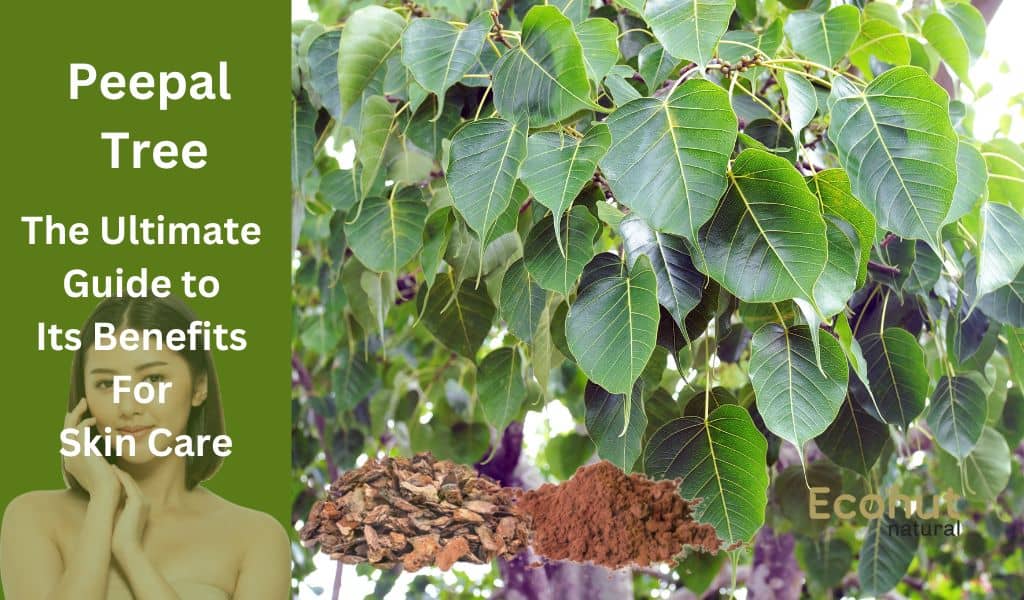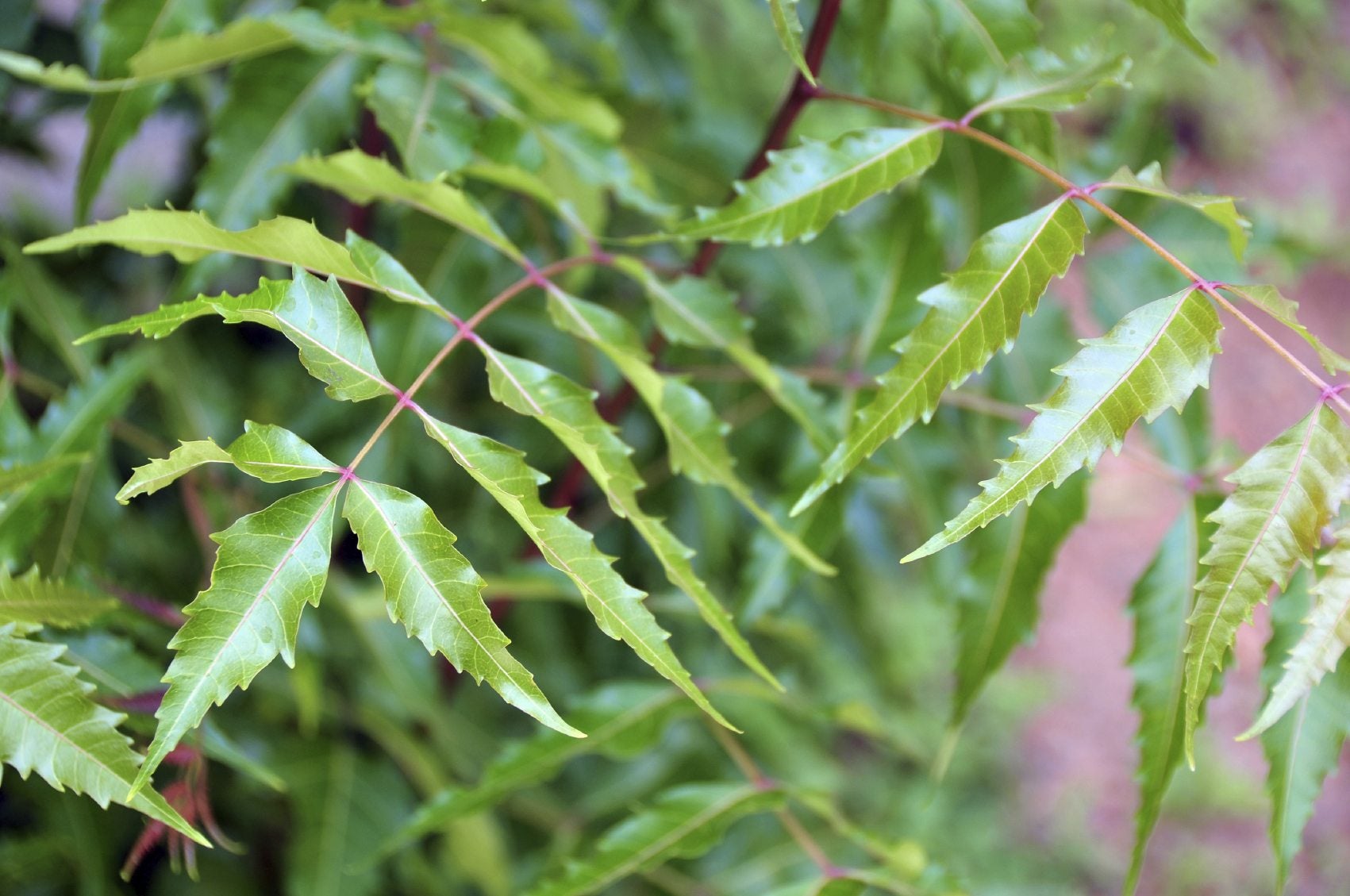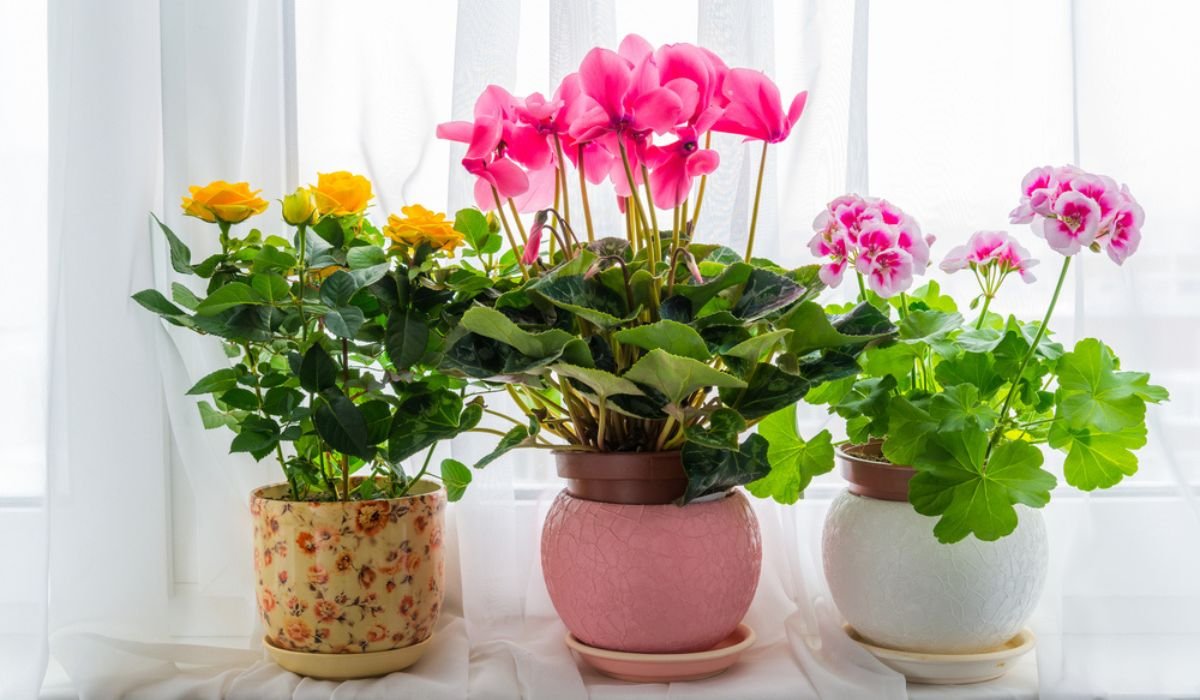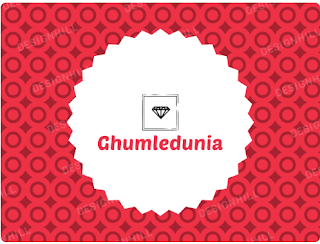Plants not only provide us with a pleasant environment but also give us a relaxing view and hence they are even used according to Vastu Shastra. Many Shastras like Garun Puran, Rup Mandal and many more state the importance of plants and trees in our life.
Earlier people were very particular about the plants and trees they want in and around their houses but this trend has lost importance in recent times. But yet again Vastu Shastra is gaining back its importance. A healthy plant not only affects us physically but emotionally as well. One can use Vastu while he/she is planning to make a garden or something in their house.
As Vastu is a science, there is a logical, scientific explanation behind every guideline. There are proper guidelines related to which plant should be placed where to have maximum benefit from the arrangement.
There are a number of plants and trees which people are advised to use in their surroundings.
Top 17 VASTU RELATED PLANTS AND TREES For Wealth and Happiness
PEEPAL TREE
Peepal tree is also known as Awastha tree. It is said to produce a huge amount of oxygen so it is always advised to circumambulate this tree in the morning.
Though this tree is prohibited to cut, it is not advised to plant this in the house as it has growing roots which tend to hamper the foundation of the building. These trees are also planted away from houses because they don’t let the positive rays of sun fall on the building.
NEEM TREE
BANANA TREE
The banana plant is considered holy and is even worshipped. According to the scriptures Banana Plant in "house vastu" is said to symbolize Lord Vishnu. On Thursdays, people pray to the banana plant along with Lord Vishnu. Thus, it is one of the most auspicious of the Vastu trees at home.
Vastu Shastra dictates that Banana Plant should be placed in the northeast direction of your home.Banana tree leaves are used in the decoration of pandals and are a symbol of prosperity and wealth.
TULSI
Tulsi is also known as Basil. Tulasi should be located on the North, North-East, or East sides of the house, or in front of the house.
Holy Basil or ‘Tulsi’ (Ocimum sanctum) is considered very sacred and auspicious. The best place to plant it is either in the North or East or even the combination - North-East Direction.
Much more than being Vastu compliant, Tulsi/Basil is a medicinal plant. Its leaves purify the digestive and circulatory system by removing toxins from the blood. In many states and cultures it is also venerated as a deity closely associated with lord Vishnu. In Southern India you can find Tulsi Plants are often planted on a clay pedestal in front porch and prayers are held during sunrise and sunset.
It is also an excellent air purifier which is why its role in Vastu Shastra is highly regarded. Make sure that the Basil plant receives ample air and sunlight.
The Holy Basil plant is one of the most commonly used plants for home as per Vastu Shastra.

6. Lucky Bamboo Plant
Lucky Bamboo (Dracaena braunii) promotes luck and peace. It brings in wealth and fame. Do not mistake it for the common bamboo plant (Bambusa vulgaris), it is very different. Many attribute lucky bamboos influence as a vastu plant to the early cultural exchanges of ideas and belief systems such as Feng Shui through the spice and silk routes.
Make sure that the dwarfed bamboo plant is not used as it goes against nature. Yellow-colored bark should be preferred over the dark-colored bamboo bark. This is one of the most widely used lucky plants for home.

7. Money Plant
The Epipremnum aureum or the money plant is one of the popular plants and trees used in the practice of Vastu Shastra. Money Plant in Vastu Shastra is said to bring wealth and prosperity to the homeowners. It should be placed in either the north or east direction of the house.
Money Plants in Homes can be placed indoors and even bedrooms but never near the headrest or footrest of the beds. It is considered very lucky to place Money Plants in balconies however it should be placed in the northeast side of the balcony. It is one of the most commonly used Vastu plants for Money.

8. Peony
Peony (Paeonia suffruticosa) is a beautiful and bright flower. It stands for optimism. It is bright, elegant and dainty. Due to these qualities, used as a metaphor for female reproduction, love, and femininity. People who wish to find love should plant peonies in the south-west direction of the house or decorate this south-west region of the house with peonies.
It is red, and as the color red is associated with divine rituals, it is considered to be very auspicious. It is an exquisite flower and a symbol of peace, goodness, and value.

9. Chrysanthemum
The beautiful yellow Chrysanthemum flower in Vastu Shastra stands for happiness, brightness, and optimism. It is usually gifted to others. Buddhists decorate their altars with this flower. It symbolized powerful positivity which is why it attracts good luck at home. It is best placed in the living room and should not be placed in the bedroom.
Just like Vastu plants, there are certain fishes which can bring in prosperity. Check out the best vastu fishes for home which can harness the power of positivity.
Since it attracts good luck, this is one of the most important plants as per Vastu.

10. Plum Blossoms
According to Vastu Shastra Plum Blossoms (Prunus mume) invites harmony and wealth in the home. This plant helps to promote positivity and is best placed in the north-east or northern side of the house. Also, according to Vastu Plum Blossoms can be planted in any part of the garden area.

11. Daffodils
The daffodil flower in Vastu Shastra symbolizes faith, forgiveness, honesty, and truth. They are best planted in the north or north-east direction of the house. It is said to bring out hidden talents and considered to bring fortunes and luck. It is also a very pleasant flower to have around. When picking a daffodil, one should be careful not to select the dwarfed variety as it is small in size and doesn't promote positivity.

12. Citrus Plant

13. Orchid
Orchids (Orchidaceae family) are considered the symbols of fertility and are believed to bring in a lot of progeny. It is symbolic of perfection, abundance, and growth, according to Vastu Shastra texts.

14. Lotus
The Lotus (Nelumbo nucifera) stands for strength, morality, and purity. It should be placed in front of the house to reap maximum benefits. It can be placed inside the house as well. The Lotus is associated with the Goddess of wealth, Lakshmi and Lord Buddha. The presence of lotus is believed to bring in wealth and prosperity and is one of the most auspicious Vastu plants for home.
Buddhists all over the world recognize lotus as the holy seat of Buddha. Since it is raised from the mud, the Chinese consider it as untainted and pretty. Every part of the plant from root to petals has medicinal properties.

15. Lily
The Lily (genus Lilium) spreads happiness and harmony. It relaxes the atmosphere helps people maintain their composure. These are best placed in the bedroom or in a place where meditation is practiced. Lilies are the flowers of advanced spirituality. Lilies are ideal gifts to be given at weddings as they symbolize partnership and union.

16. Jasmine
The sweet-smelling flowers of the jasmine plant can uplift the spirit with its fragrance. As per the jasmine plant vastu, it attracts positive energy and soothes frayed nerves after you return home after a long day at work. Jasmine Plant or Chameli Flowers promotes harmony in love and romance. Inside the house place the jasmine near the south-facing window and when outside, in the north, east or north east.

17. Aloe Vera
Aloe vera plant at home as per Vastu is the best bet for attracting positive energy.
They also absorb large quantities of carbon dioxide emitting equal amounts of oxygen. This property helps in thoroughly cleansing the air. This can also serve as a source for a refreshing drink or as a face pack ingredient. Place your aloe vera plant in the north or east direction.

Trees That Should Be Avoided Inside The House
1. Cactus, Aloe Vera and Roses (THORNY PLANTS)
Thorny plants like cactus, aloe Vera and roses shouldn’t be planted in the house as they have thorns which give negative energy and ideally they should be pulled out and destroyed.
2. FLOWER POTS
Flower pots should not be kept on the compound wall in the North, East or North-East as they will block the useful morning sunlight in from these directions. Flower pots and decorative plants can be placed on the ground in these directions, but they should not grow taller than 3 feet.


.jpg)


:max_bytes(150000):strip_icc()/banana-tree-growing-profile-3269353-04-f45b07821d1d4f2bb3004d1daec0df4e.jpg)











0 Comments